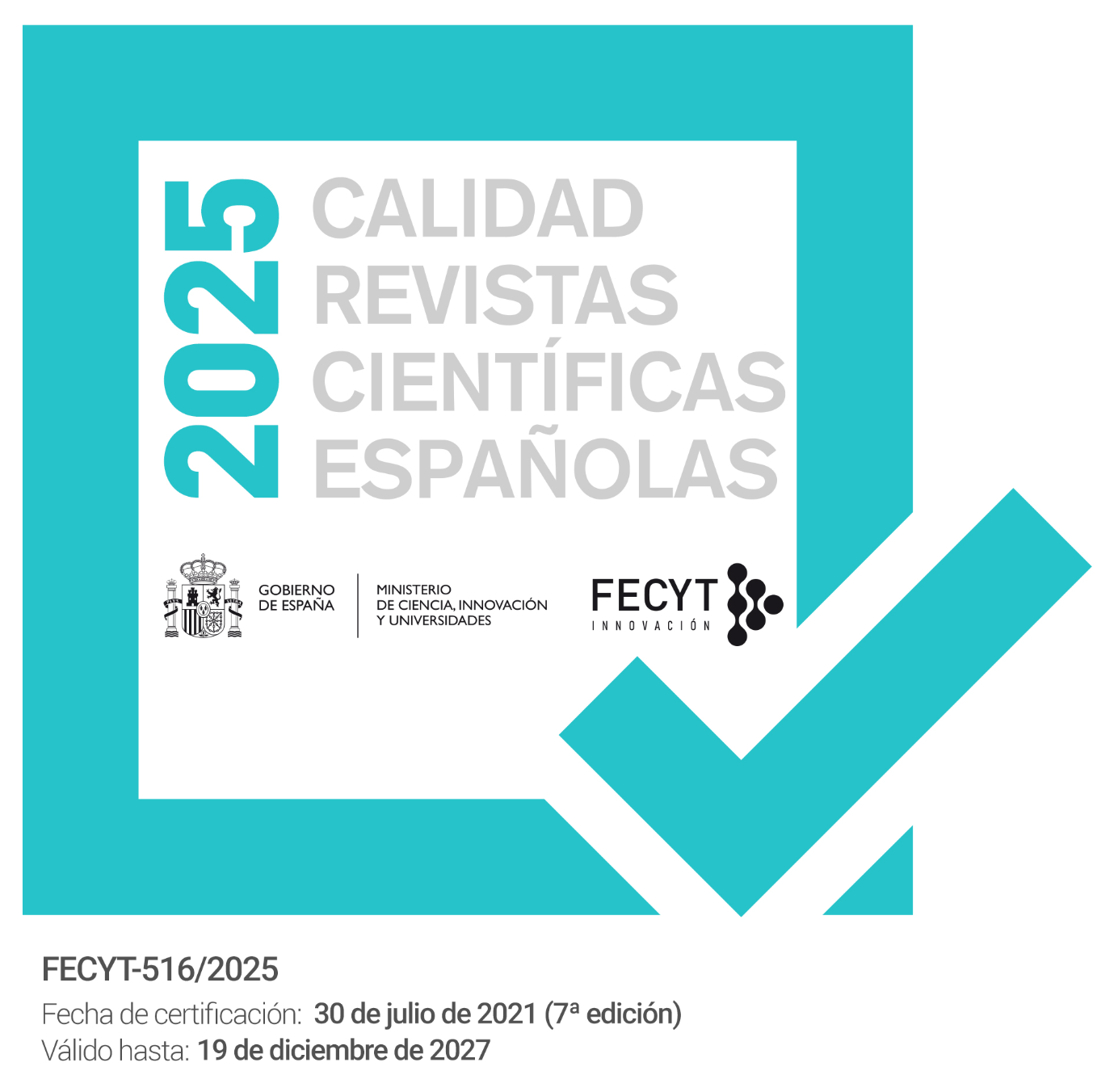HERRAMIENTAS PRAGMÁTICAS EN LA DESCRIPCIÓN DEL DÉFICIT COGNITIVO-LINGÜÍSTICO EN SÍNDROME DE WILLIAMS: MÁS ALLÁ DE LA TEORÍA DE LA MENTE
Abstract
In this paper we show how some theoretical tools from Linguistics can be useful in the study of cognitive disorders. Then, we propose to add more supports to the current Theory of Mind (TM) for explaining linguistic impairments in Williams Syndrome (WS). This proposal will be accomplished by considering other known syndrome, Autism: in spite of differences between these two syndromes, they share many similarities in some areas, such as the pragmatic. We will argue the need for using the "Theory of Central Coherence" (TCC) to explain cognitive / linguistic disorders in WS, taking in consideration these shared characteristics between the two syndromes and the use of TCC in Autism by the scientific community. This hypothesis will be lean on data picked up in the observation of two groups of people: a sample of 8 WS participants genetically diagnosed as well as 2 diagnosed Autistic participants.Downloads
-
Abstract550
-
PDF (Español (España))352
The works published in this magazine are subject to the following terms:
1. The Publications Service of the University of Murcia (the publisher) preserves the economic rights (copyright) of the published works, and favors and allows the reuse of same under the license of use indicated in point 2.
2. The papers are published in the electronic edition of the magazine under a Creative Commons Attribution-NonCommercial-NoDerivative 3.0 Spain license (legal text). Papers may be copied, used, disseminated, transmitted and publicly exhibited if the following requirements are met: i) The authorship and the original source of its publication (magazine, editorial and URL of the work) must be cited; ii) The works cannot be used for commercial purposes; iii) The existence and specifications of this user license must be explicitly mentioned.
3. Self-archiving conditions. Authors can electronically disseminate pre-print versions (version before being evaluated) and / or post-print versions (version evaluated and accepted for publication). This makes possible its circulation and diffusion earlier and with it a possible increase in its citation and reach among the academic community. RoMEO color: green.









